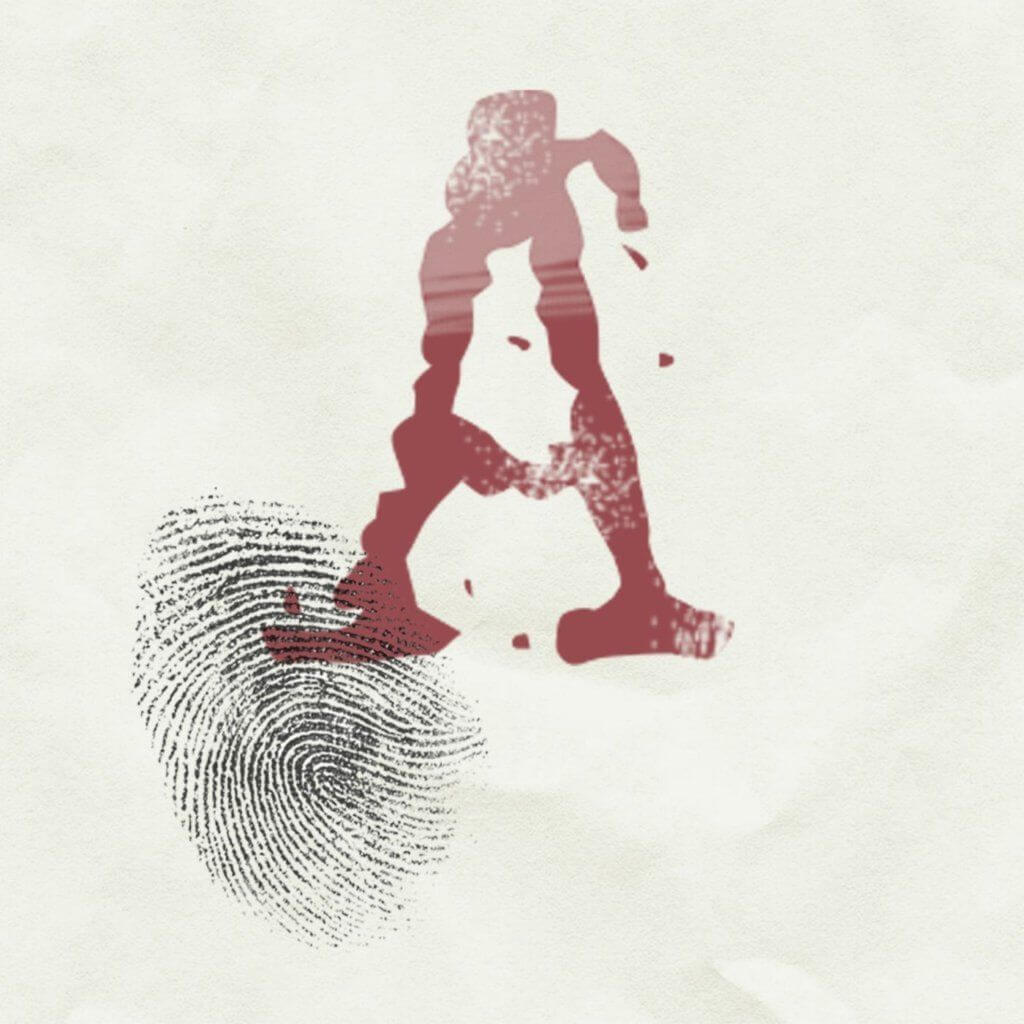As a solo practitioner whose practice area encompasses pretty much the entire northern half of the large state of Georgia, I spend a lot of time in my car. For me, some of that time is usually spent updating clients on their cases. But that still usually leaves me with several hours each week to listen to podcasts. Fortunately, there are enough good ones out there that I’m never bored. This month I’ll be counting down to my favorite law-related podcast. Last week I featured Opening Arguments. This week I’ll be talking about…
#4 – Accused
There are two seasons of Accused so far. Each one deals with a different murder case. While there are many “true crime” podcasts out there with similar premises, few are as thorough as this one. The host, Amber Hunt, works for the Cincinnati Enquirer, and both seasons take place in Cincinnati.
The lesson of both seasons seems to be that there is no such thing as a straight-forward criminal case. This is something that I understand well as a criminal defense attorney – there is always another side to the story, another witness, another piece of DNA evidence, and it is our job to find that evidence (or at least to identify where the State failed or didn’t even try to find it).
But Accused has valuable lessons for non-lawyers as well, lessons that, if more people understood them, would make my job as defense counsel much easier.
For instance, eyewitness testimony is often considered by juries to be solid gold evidence for the prosecution. But criminal defense lawyers know that memory isn’t necessarily reliable, especially memory of a traumatic event. And faulty lineup tactics on the part of the policy can lead to false identifications.
Similarly, confessions are also treated as rock-solid evidence. But confessions can be coerced or induced by promises from police officers. Innocent people truly do admit to things they did not do.
Overall, the stories told in Accused are compelling and display the human side as well as the legal and scientific sides of a criminal case, all of which are things that both lawyers and potential jurors should understand.
A Caveat: If you need a rock-solid resolution to your true crime stories or if you’re troubled by ambiguity, this may not be the podcast for you. The cases profiled in Accused are both old cases, and the ages of the respective cases just exacerbates the problems that criminal defense lawyers working current cases deal with – the truth is murky, witnesses may be unreliable, and evidence may be lost, destroyed, or never discovered to begin with.
If you find this premise fascinating, click here to learn more or to download. If you listen to any of my recommendations, be sure to tell me what you think here or on social media. And check back next Monday for my #3 most favorite legal podcast.

